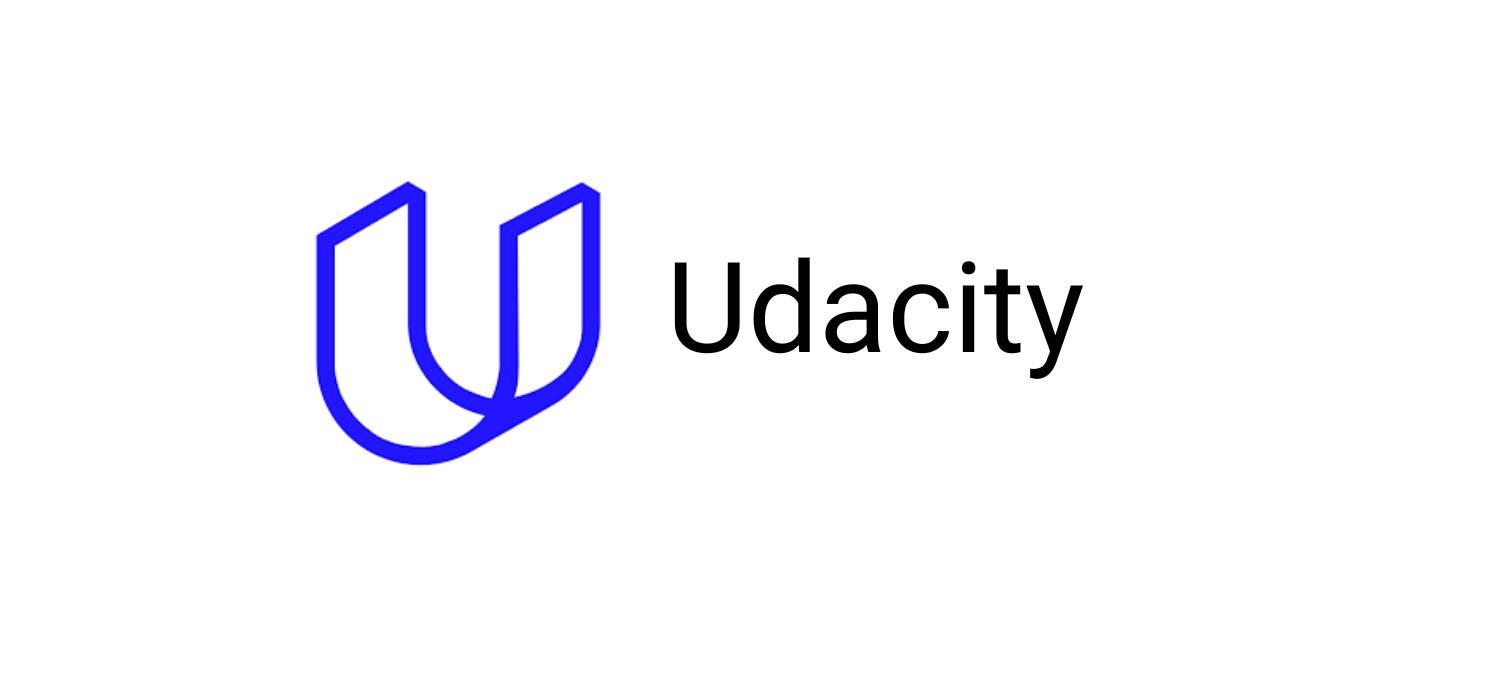
Photo: https://medium.com/self-driving-cars/steve-forbes-and-sebastian-thrun-b307c6c47e87
Udacity is an online learning platform which mainly aims at preparing users to excel in their career paths through digital upskilling. It partners up with companies and universities to offer nanodegrees (specialized education courses for computer science that come with hands-on projects, technical support from mentors, and valuable career development resources). Udacity follows a freemium business model as it offers free introductory courses and portions of their nanodegrees. The nanodegrees cost between 718$ and 1436$.
Udacity started when Sebastian Thrun and Peter Norvig, Stanford professors, released a course in artificial intelligence for free, for any one in the world to access.
‘’Over 160,000 students in more than 190 countries enrolled, demanding a new way to deliver education. A startling discovery emerged: The top 400 students weren’t from Stanford. This revelation sparked a mission to make lifelong learning more equitable and inclusive. Udacity has been expanding opportunities ever since.’’
Udacity has 16.9+ million registered users in more than 240 countries. According to SEOAves.com, in 2020, it generated a 260% growth in annual recurring revenue.
According to Udacity.com, ‘’Sebastian’s mission is to democratize education by providing lifelong learning to millions of students worldwide. He is also the founder of Google X, where he led projects including the Self-Driving Car, Google Glass, and more.’’
Yes, Thrun is an educator. He has a background in computer science and worked as a professor in Carnegie Mellon University and Stanford University before venturing in the entrepreneurship world.
What inspired me the most is how wonderful sometimes the results are when you have a vision, believe in it, and simply go for it. Indeed, entrepreneurs are changemakers.
Sources:
https://www.udacity.com/us
https://productmint.com/the-udacity-business-model-how-does-udacity-make-money/
https://seoaves.com/udacity-business-model-how-does-udacity-make-money/
https://en.wikipedia.org/wiki/Sebastian_Thrun

The idea of open learning is such a powerful one; providing education to everyone regardless of socio-economic standing is a belief that will push learners to strive for more. I am wondering; do tech corporations recognize Udacity’s nanodegrees as legitimate degrees from post secondary institutions? It would be interesting to see how a person with a degree from Udacity “stands up” to a person with a degree from another institution. I love this idea and applaud Sebastian for pushing the idea of democratized education further in our landscape!